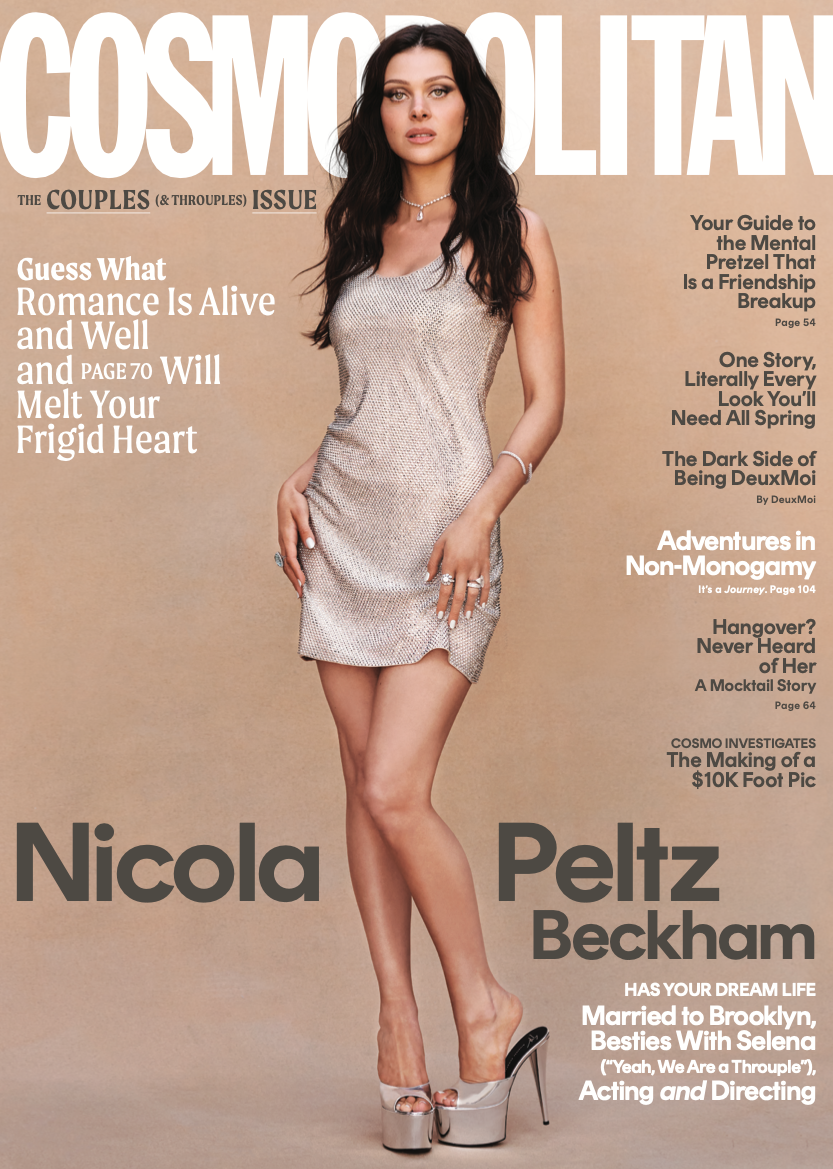Are You Falling For Hollywood’s "Eat the Rich” Agenda?

Welcome to Critical Thinking, a series where we discuss one thing in pop culture that's really been irking us lately or making us think critically (get it?), and why you should care about it.
You’ve probably noticed that lately, all the content dominating your “wow, you really need to watch this” convos includes a specific theme: main characters who are rich beyond reason. See, if you will, the vacationers (because obviously) in The White Lotus, Triangle of Sadness, The Menu, and Glass Onion: A Knives Out Mystery. And while such onscreen opulence—their clothes! their food! their boats!—is nothing new, here’s what is: This time around, we, the viewers, are supposed to laugh at how disconnected these not-so-fabulous wealthy people are from reality. We’re supposed to scorn, even pity, them and think big thoughts about how our society would benefit from far fewer obscenely well-off individuals. Except...I’m not buying it. Whatever lesson we’re supposed to be learning here feels hollow as hell.
If I had to guess—which I do, because it’s my job to—I would say what happened is Hollywood execs were paying attention. They watched as the pandemic widened the gap between the world’s wealthiest people and us plebes and as us plebes got angrier and angrier about it. They’re still watching as we barrel toward what looks like another recession, potentially making that rage root even deeper. And because studio execs are in the business of selling stuff to regular people, they want to appeal to that frustration. Because many normals seem obsessed with taking down the 1 percent right now, suddenly they are too.
Also, in a word, prestige. When Parasite, the Korean-language social satire that follows a poor family’s infiltration of a very wealthy family’s home, defied the odds to win Best Picture at the Oscars in 2020, it shocked almost all of the greater Los Angeles area. And it no doubt spurred many to start writ-ing knockoff awards-bait scripts within the week. But there’s one big difference between Parasite, an actual masterpiece, and the examples listed above. The difference is white men. Of extreme privilege. All four of those projects were created by people living within or adjacent to the socioeconomic sphere they are supposedly setting out to critique.

And what does it say when the people green-lighting and making these movies and shows are wealthy themselves? (Yes, I realize that not all famous people have gobs of money. But a lot of them do.) It’s hard to watch something that tells us the private jet contingent is bad when its creators can cruise home from the Cannes Film Festival on their own private jet or on the Netflix private jet or on any private jet at all. It’s like the filmmaking community thinks that if it acknowledges the problem of class disparity in its work, it can shrug off some accountability via a series of well-timed comedic digs.
I’m not saying people shouldn’t be allowed to make fun of themselves through their art. Like, Kate Hudson playing a flighty ex-model who gets canceled for tweeting an ethnic slur is hilarious and self-aware in Glass Onion, but it’s worth noting that many of the characters in this type of content make it out relatively unscathed. Case in point: Almost everyone on The White Lotus goes home to their posh lives free of consequence (RIP to my girl Tanya though). It’s not “down with the rich” if the rich aren’t really being brought down.
Look, don’t get me wrong, all of this is still incredibly fun to watch. I would be lying if I said I wasn’t trying to figure out who the murderer was in The White Lotus season 2 for seven straight weeks or that I didn’t *gasp* at that Triangle of Sadness ending. These beautifully produced and excellently acted projects have rightfully earned all the praise and awards that Hollywood has to give (positive reviews, Golden Globes, Emmys, and, yes, Oscar nominations). It’s just that as a unit, they don’t say as much as they think they’re saying.
The message I’ve taken away from them is not actually to “eat the rich.” (Although I am on that train too.) It’s to think harder about where these critiques of capitalism are coming from. We, the viewers, always have a choice in how we interpret what’s happening in our entertainment and in what art we support with our money. And it’s up to us to determine when the call is coming from inside the house.
You Might Also Like
